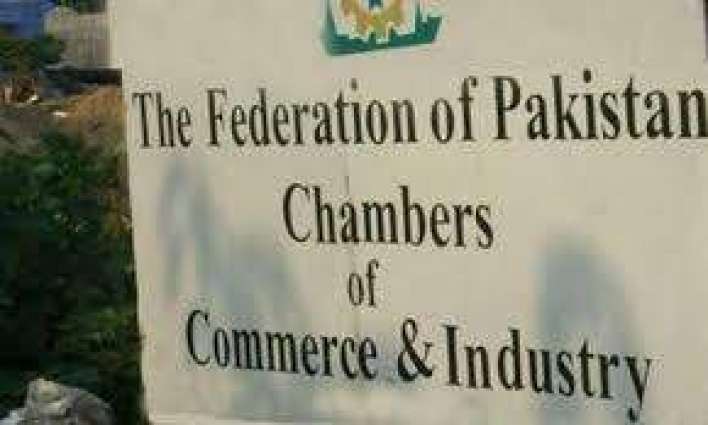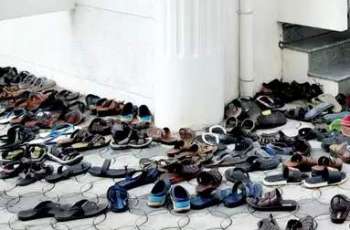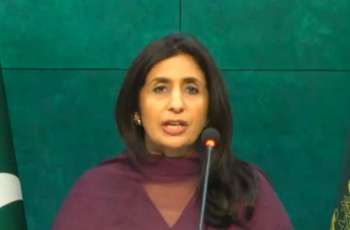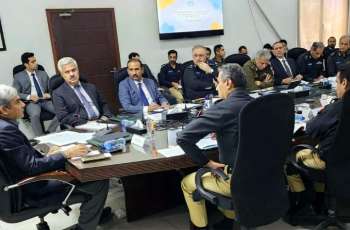The Businessmen Panel of the Federation of Pakistan Chambers of Commerce and Industry on Saturday asked the government to undertake structural reforms with a view to attain a sustainable economic growth rate,
Lahore (Pakistan Point News / Online - 21st December, 2019) The Businessmen Panel of the Federation of Pakistan Chambers of Commerce and Industry on Saturday asked the government to undertake structural reforms with a view to attain a sustainable economic growth rate, besides improving exports volume, as the country has been losing global market share by more than 1.45 percent every year.BMP chairman Mian Anjum Nisar said that improving exports' performance remains the most relevant long-term structural challenge to alleviate the balance-of-payments constraint to sustained economic growth.
He said that on average, during the last 10 years, Pakistan has lost global market share by 1.45 percent per annum, with foreign exchange reserves further declining from $9.8 billion in 2018 to $7.3 billion in 2019, which can finance just one and a half months' imports.He said that the current export portfolio is marred by a lack of diversification, as few products are exported by some exporters to limited markets. So, a major enhancement in exports requires huge and wide structural reforms.
He urged the government to take business community on board, who are the real stakeholders, in preparing policies to enhance exports so that trade deficit could further be reduced, which is prerequisite for economic growth.He suggested the relevant government departments to join heads with the private sector for finding out a methodology for increasing the exports of the country.He observed that a more diversified economy results in more diverse exports, and this is required to acquire the wider set of productive capabilities that is needed to export goods with a higher level of sophistication.
The first steps towards export diversification could be to identify causes of lost export value in important industries like glass and stone, mineral products, plastics and chemicals; and explore options for moving into new export products that require productive capabilities similar to those used for existing Pakistani exports, but have a higher level of sophistication within the product space.The government will have to take steps to generate a conducive environment for export.
The government requires that its policy design, coordination and implementation should facilitate private sector, besides encouraging meaningful strategies to develop new capabilities in distant products.Mian Anjum Nisar said that a quick turnaround can come from increasing competiveness of the existing export base and demand-led production of agricultural products, especially high value agriculture products.The long-term strategy needs structural reforms of the entire export sector, including high tech and innovative products, value-added exports commodities and market diversification towards unexplored markets.
He urged the government that all stakeholders be taken on board while preparing industry-related policies.He asked the government to get input from the private sector on policies and encourage public private partnership to stimulate various government organizations.He said that investments in the country's power-generation capacity, partly under the China-Pakistan Economic Corridor has the potential to diversify the energy mix, moving the country away from a dependence on oil-based energy supplies, lowering dependence on energy imports.





